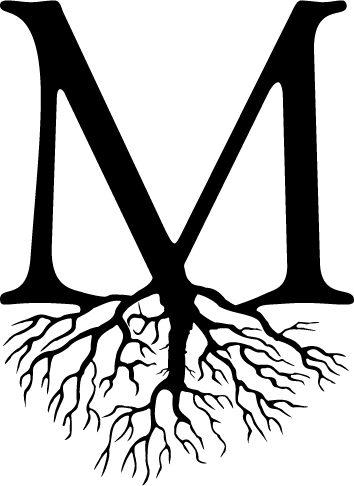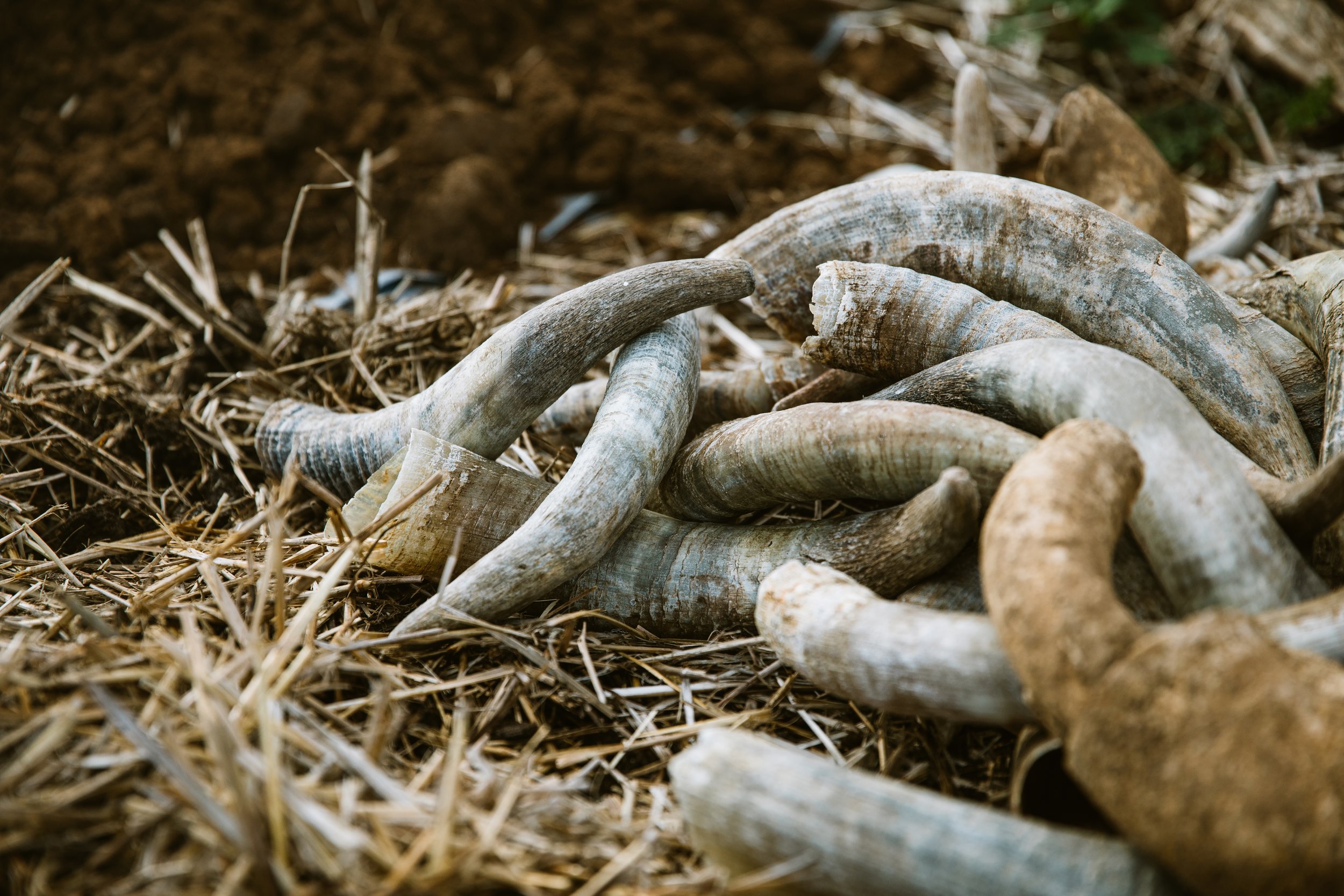
Biodynamics with Rudy
A leader in Biodynamic® viticulture
“Biodynamic farming is holistic land stewardship at its best. It is the highest paradigm of sustainable farming, offering one of the smallest carbon footprints of any agricultural method.” – Demeter USA
My biodynamic beginnings at Montinore
I initially knew of Biodynamics relative to vegetable farming after a friend of mine did an internship at the Findhorn Farm in Scotland in the 1970s. Later on, as my wine career developed and I had the opportunity to try many wines from around the world, I noticed that many of the wines I admired from France were farmed using Biodynamic practices. I eventually found the yearlong training course in Biodynamic Farming at the Pfeiffer Center in New York.
I started applying what I had learned to the vineyards at Montinore Estate in 2003. We saw immediate and dramatic results. It took a few years, but eventually, we were able to treat the entire estate in the same way and by 2007 we started following the Demeter® Biodynamic guidelines in the winery. Not only did we see a change in the health of the vineyard, but also saw an evolution in the character and quality of the wines.
When we started with Biodynamic practices, there was a small group of growers and winemakers in Oregon who were on the same path. We had regular study group meetings to help each other learn and advance. It was a small group but it was very helpful in the beginning. Of course, we were a tiny minority and many people thought that we were buying into hype or just looking for a marketing advantage.
Applying biodynamics to Montinore
Our biggest challenge was adapting to the scale of our operations. I had worked with Biodynamics on small gardens, hay fields and vineyard plantings but we were trying to work 240 acres of vineyards. It took some time, creativity and perseverance. We needed to mechanize certain operations, like the stirring process for the vineyard sprays, without losing the potency of personal attention and engagement. We had to make larger quantities of preparations than I had before and learn how to apply them in an efficient manner. We started building compost piles producing hundreds of tons of material so there was a learning curve and refinement in that process. We were greatly helped by a great Biodynamic consultant, Philippe Armenier, from Santa Rosa CA who had done a lot of work in Chateauneuf du Pape and California.
This philosophy of farming carries into the winery and our winemaking practices as well. For example, instead of purchasing cultivated yeast, much of the yeast used to ferment our wine is sourced from our own vineyard. These yeast strains, unique to our estate, produce more complex profiles compared to commercial strains. While we are also a certified organic farm, our methods are stricter than organic farming. Our goal is to produce wines that reflect the purest character and personality of our vines and estate while protecting the integrity of our farm.
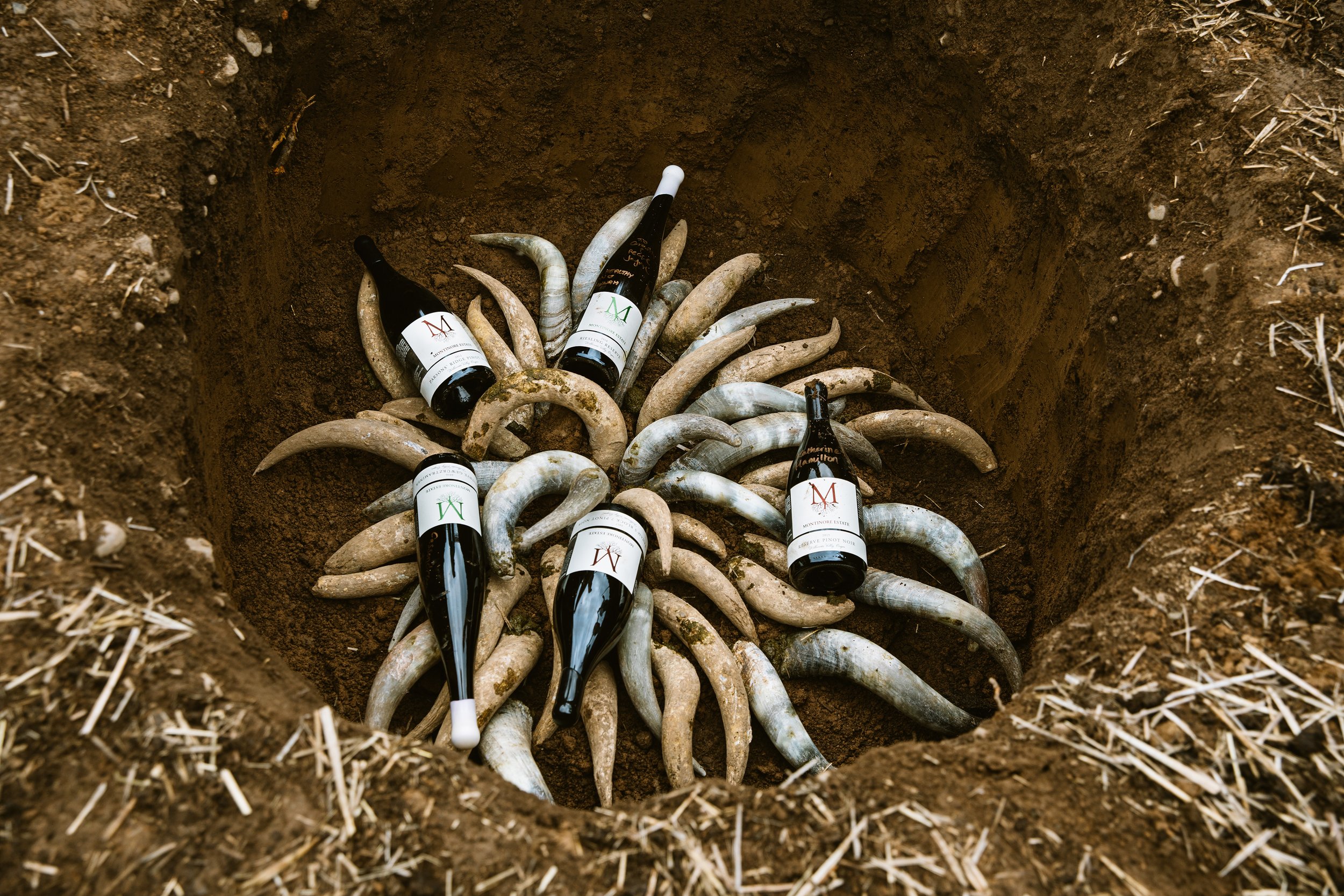
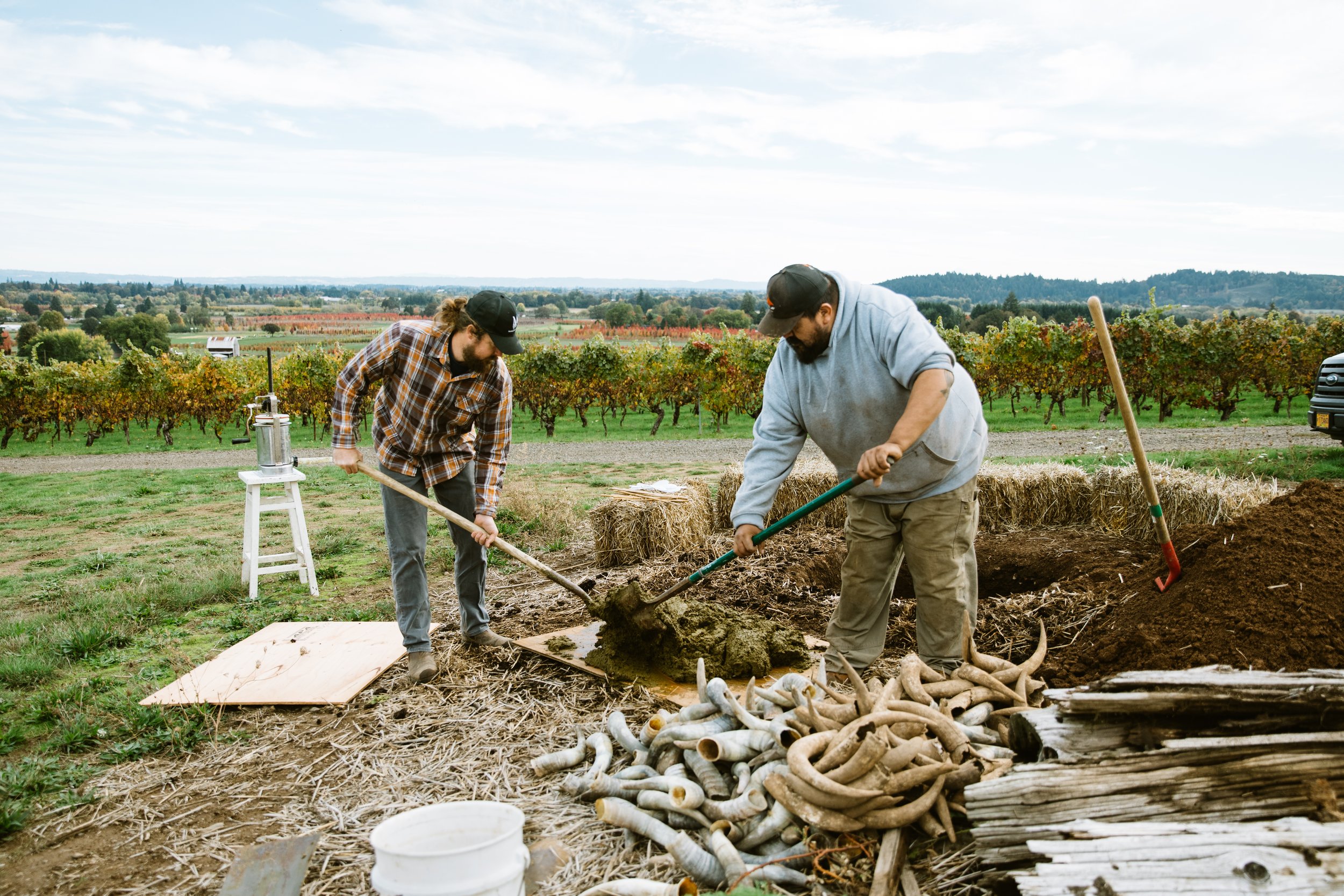

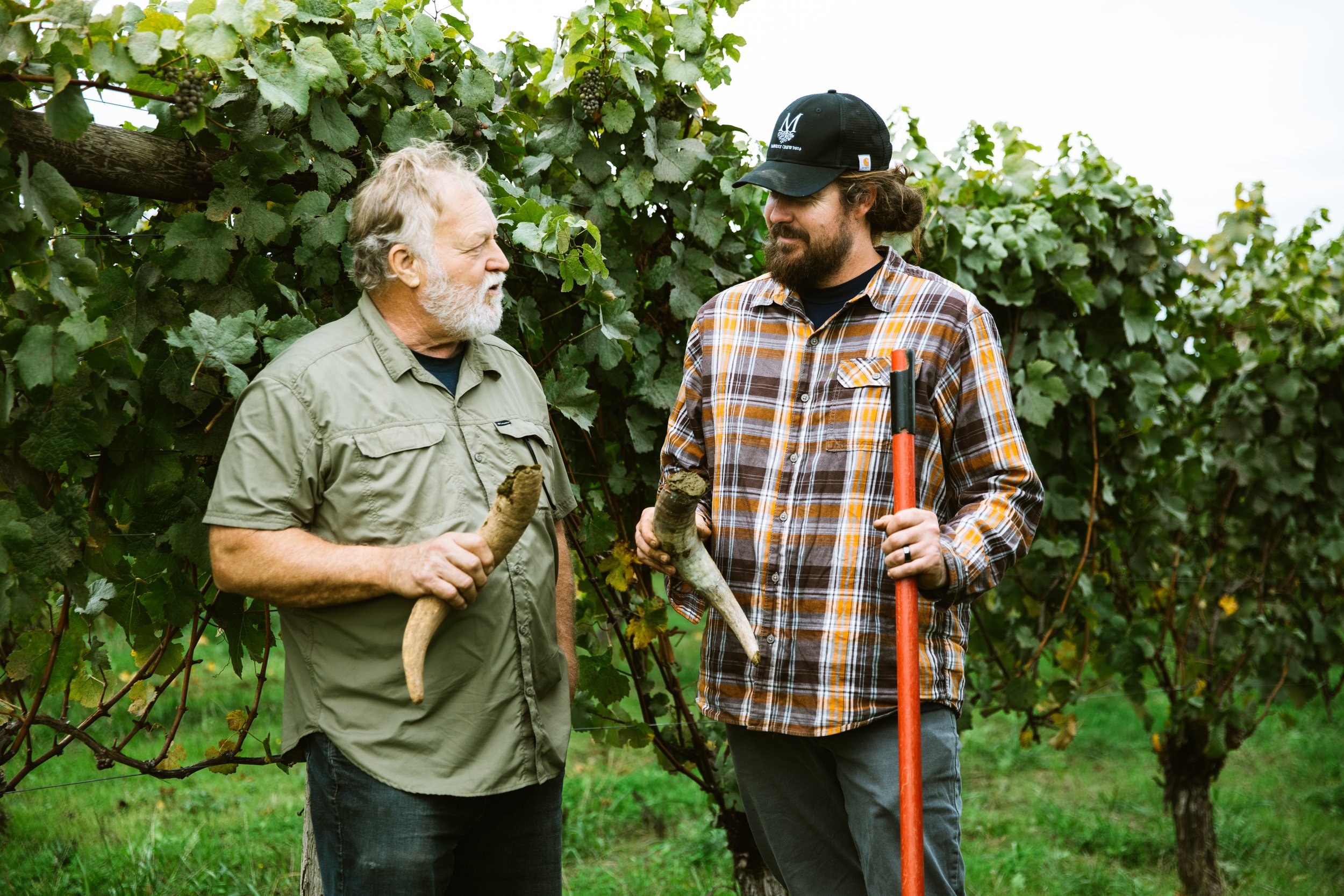
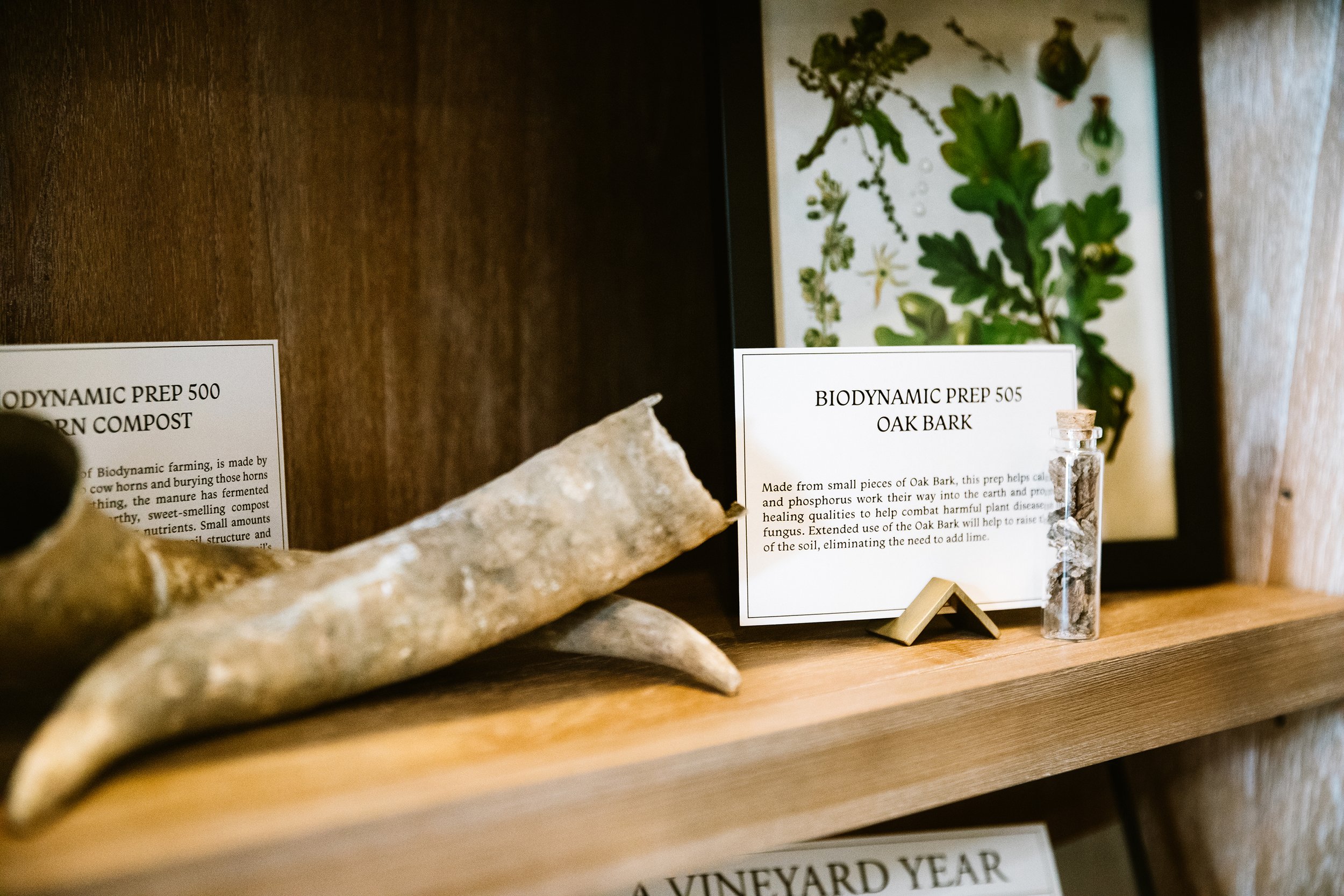
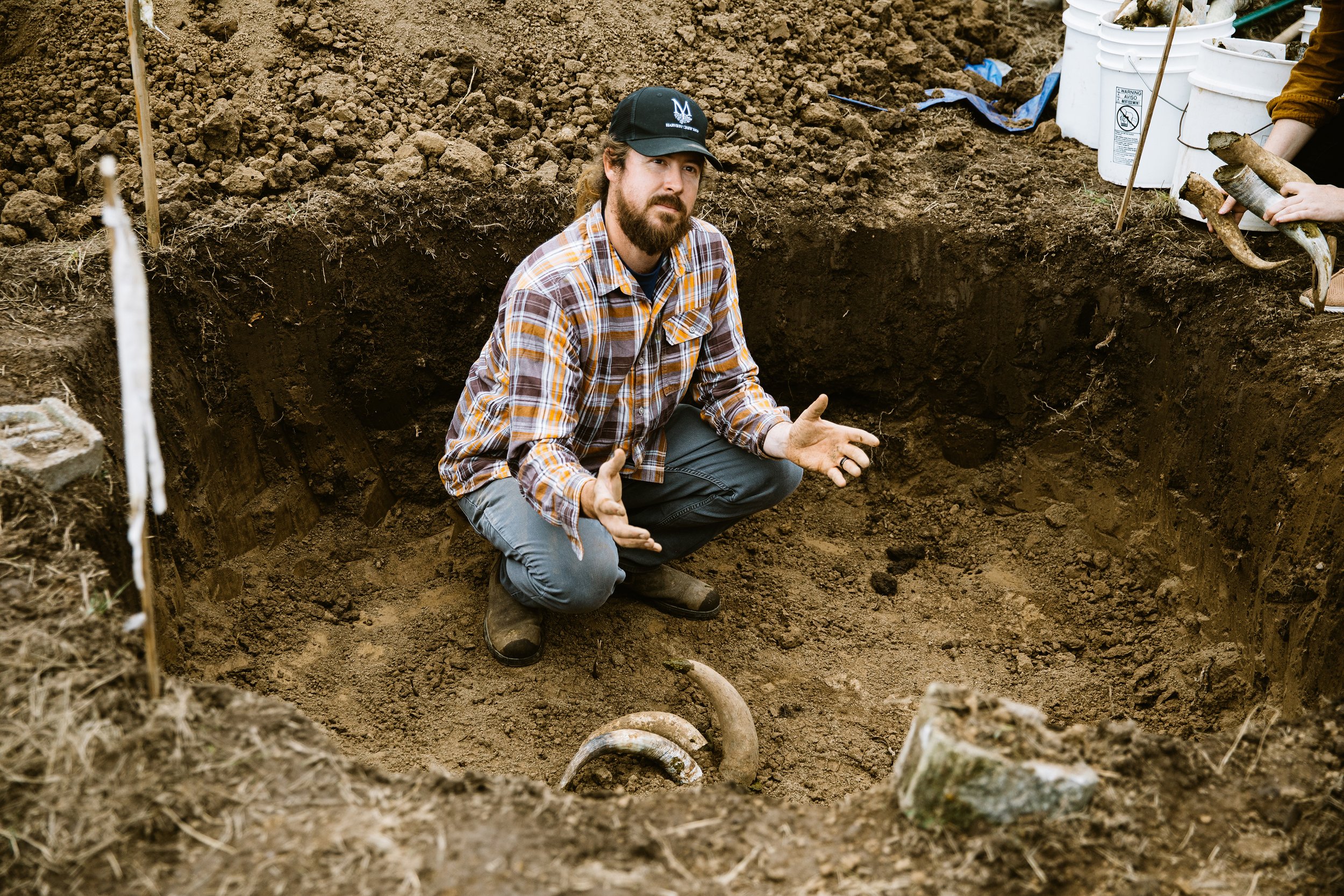
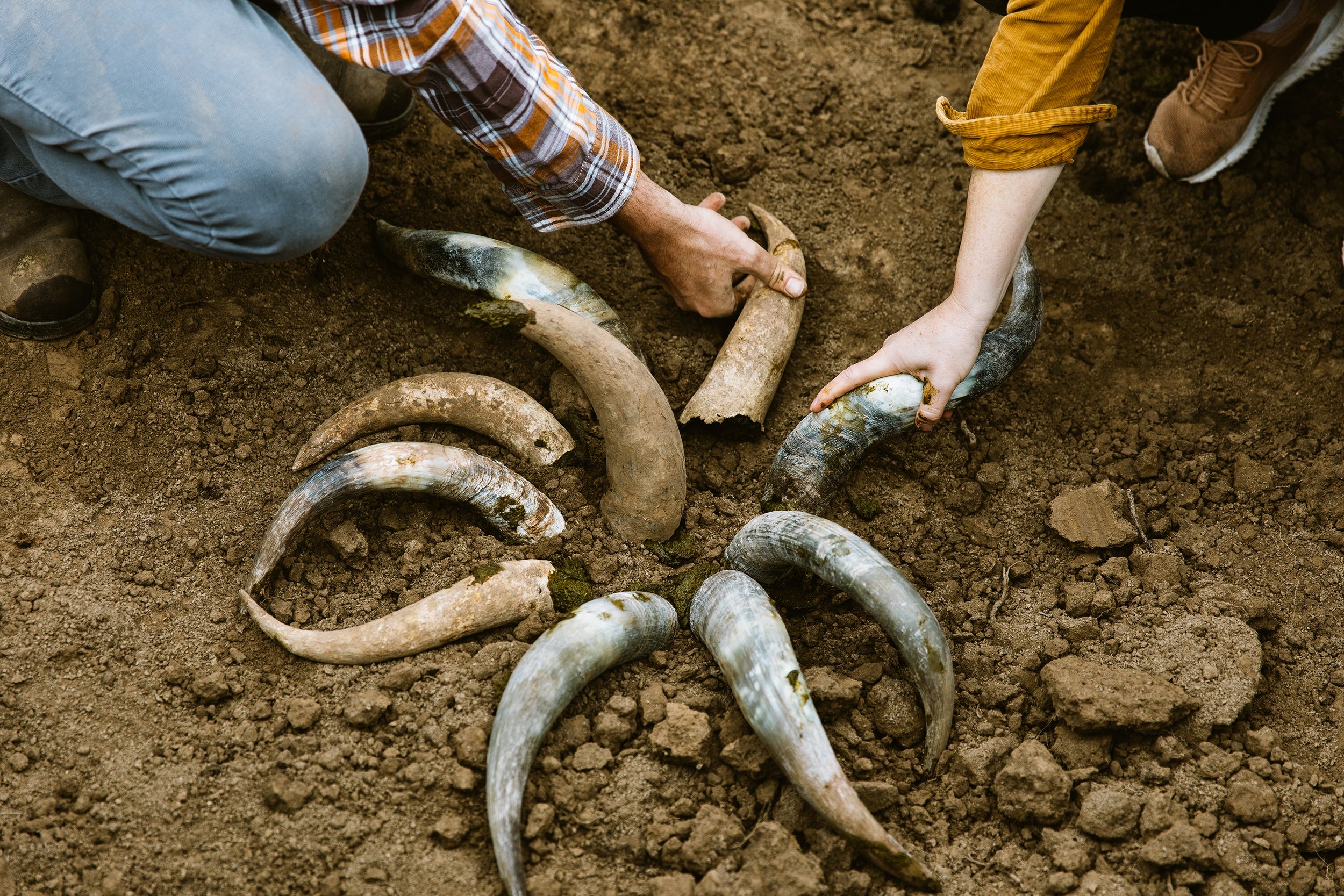
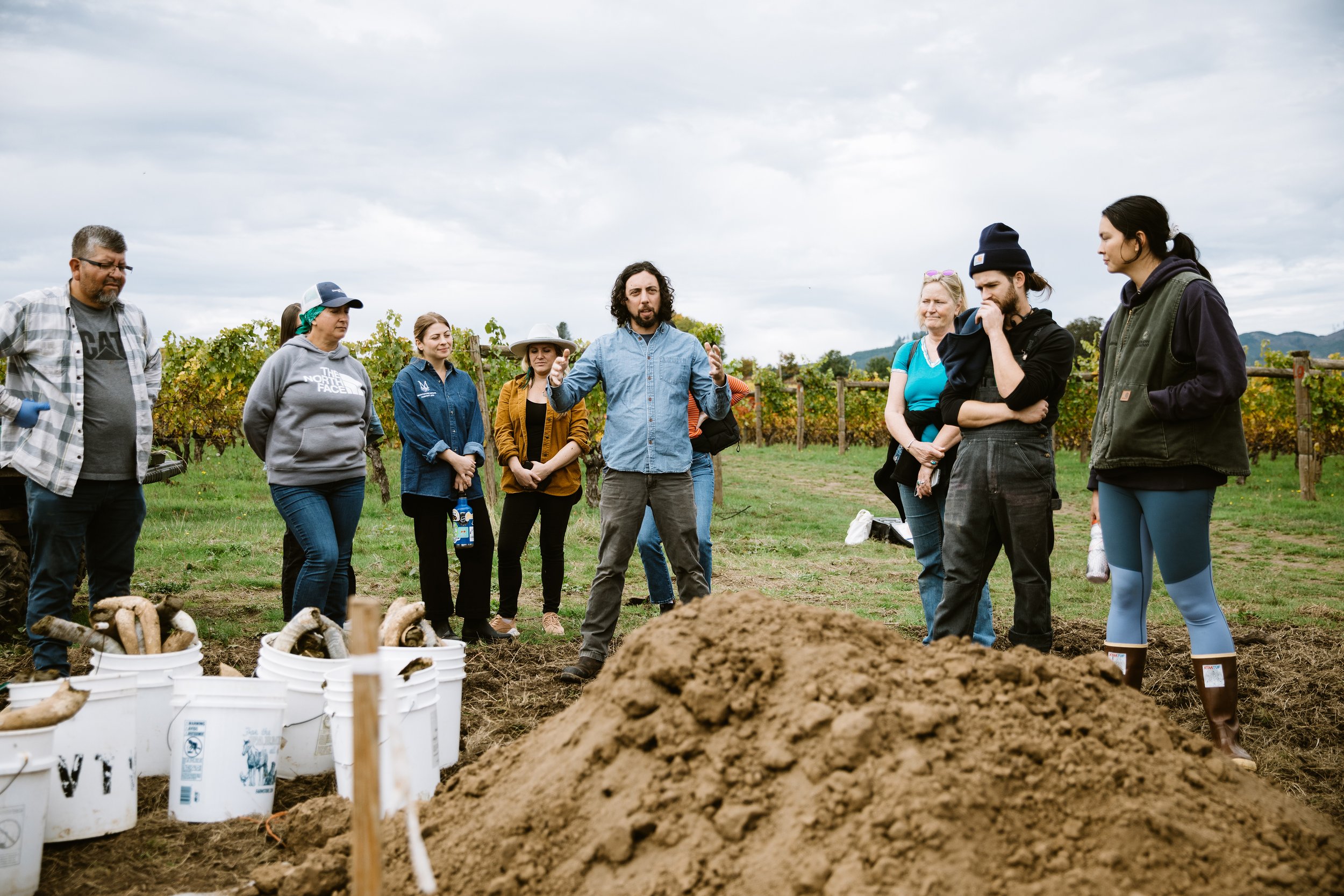
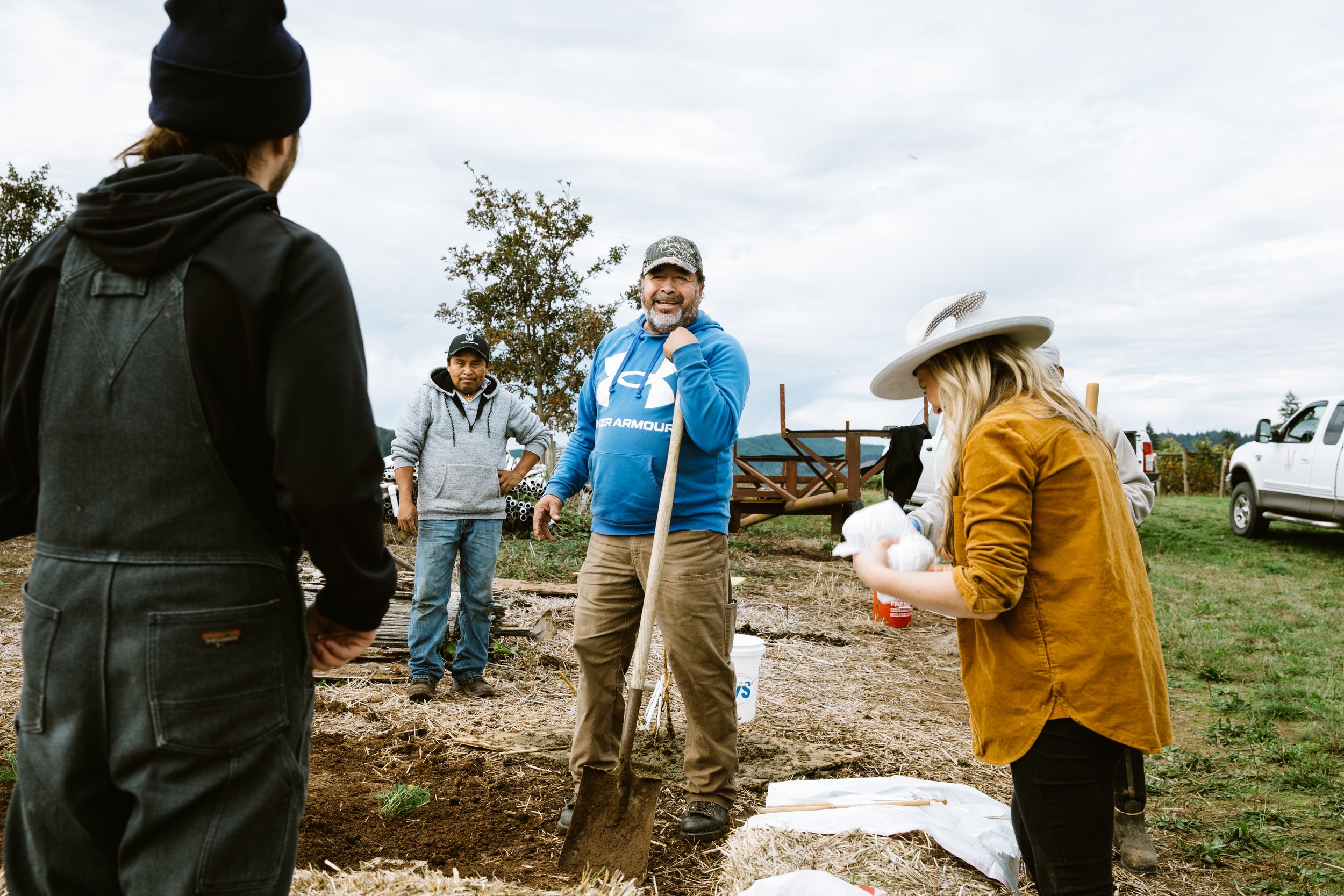
Biodynamic Benefits
Vineyards grown with Biodynamic practices tend to have less variation in wine character than chemically grown, irrigated vines. With deeper roots and balanced growth, they are somewhat more resistant to the extremes in weather. Biodynamically grown vines tend to express more of the place they are grown so there may be more of a farm-to-farm variation rather than a vintage-to-vintage.
Like conventional farming, the cycle of the plant is determined by the plant, not the method. As a Biodynamic winery, we see the significance of the annual cycles a little differently. We will work on nutritional aspects during dormancy in expectation of the growing season. We stay attuned to the seasonal cycles of solstice and equinox and use the ebb and flow of plant growth energy at those times to the best advantage of our vines. One of the biggest differences in farming with Biodynamic practices is that we train our observation skills to be highly attuned to all aspects of the vines’ physical characteristics, i.e. color, gesture, growth, physical posture, etc. We taste different parts of the plant to determine the "quality" of the growth. Our own senses are our best tools once they are refined for the task.
Shop our selection of Biodynamic Wines
Our commitment to Biodynamic farming and winemaking practices has been a priority since the early 2000s. We offer a diverse selection of wines, including our acclaimed Pinot Noirs, Italian varietals unique to the region, a selection of cool-climate white varietals, and even one of the only Biodynamic sparkling wines produced in the US.

